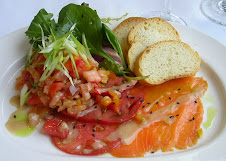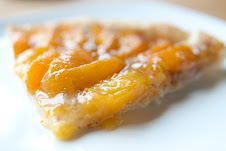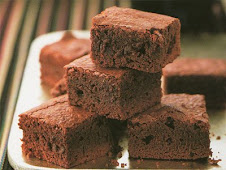The environmental and health issues associated with the production and use of plastic bottled water deserve our attention. Sales of bottled water, driven by intensive marketing campaigns from big players like Pepsi (Aquafina), Coca-Cola (Dasani) and Nestle, increased at a rate of 8.9 percent last year. This year American spend a staggering 16 billion dollars on bottled water. We must also note that tap water can have off tastes and odors while still being healthy, so taste is another reason for the success of bottled water in the US.
The numbers are unbelievable - each year we put 38 billion plastic water bottles into landfills and the number is rising. That is 38 billion with a "B"! And with a half-life (half the time it takes a plastic bottle to decompose completely) of up to 1,000 years, these bottles aren't going to just go away in our lifetimes, or those of our children’s, or even those of our grandchildren.
































